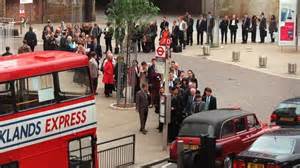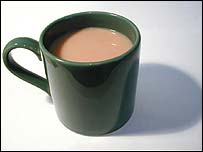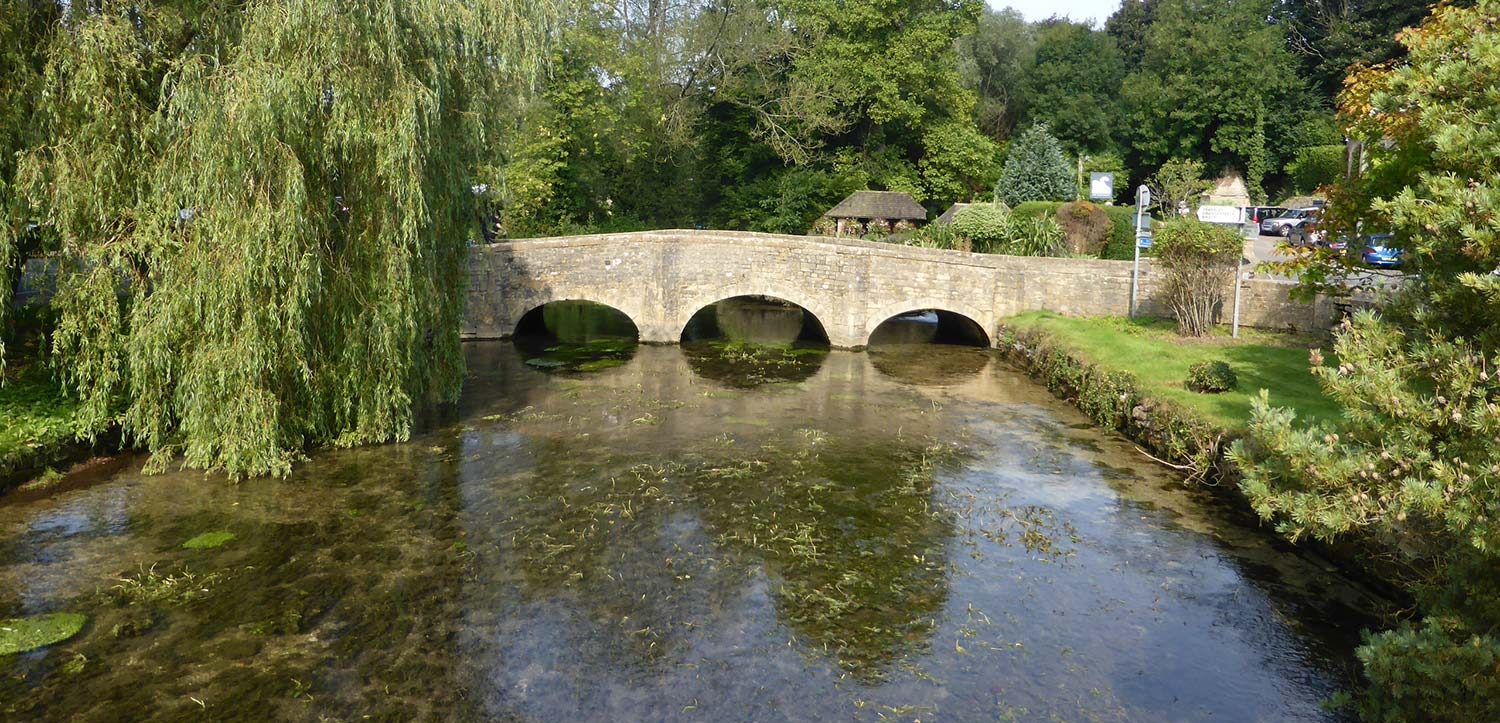1) Forming a queue for almost anything.

2) The British reserve – ‘stiff upper lip’. We are a nation famed for our politeness. A quarter of men and women are judged to be passive – avoiding confrontation at all costs. Far from being a negative label , the fact that the Brits are more likely to be passive personality types is something we can be proud of. Passive , in this instance , doesn’t stand for not caring or being lazy, but shows someone who is easy going and wants to keep the harmony. Brits are shy of confrontation , going out of their way to avoid causing unnecessary conflict.

3) Make a cuppa (of tea) in a crisis. There is possibly a good reason for this – research has shown that even a single cup of tea can significantly reduce anxiety levels after suffering a stressful experience. As well as the soothing qualities of tea itself it was found that the act of putting the kettle on also helped by tapping into a collective conscious and symbolism. The ritual of making and drinking tea – particularly during times of stress – is at the very core of British culture.

4) The British Weather. British people talk about the weather all the time because it changes all the time. The weather for us is a National obsession.

5) Obsessed with class. The British class system is complex. So complex that even the British don’t understand it! A simplified set of hierarchical social categories would be upper, middle and lower classes. One can say that things have moved on and perhaps the following 7 categories now reflect British society more accurately.
- Elite – The most privileged group in the United Kingdom, distinct from the other six classes through its wealth.
- Established Middle Class – The second wealthiest – the largest and most gregarious group.
- Technical Middle Class – a small distinctive group which is prosperous but distinguished by its social isolation and cultural apathy.
- New Affluent workers – a young class group which is socially and culturally active with middling levels of economic capital (savings , house value).
- Traditional working class – not completely deprived as they have reasonable house values explained by this group having the oldest average age at 66.
- Emergent service workers – a new young , urban group which is relatively poor but has high social and cultural capital.
- Precariat – the poorest , most deprived class , scoring low for social and cultural capital.




